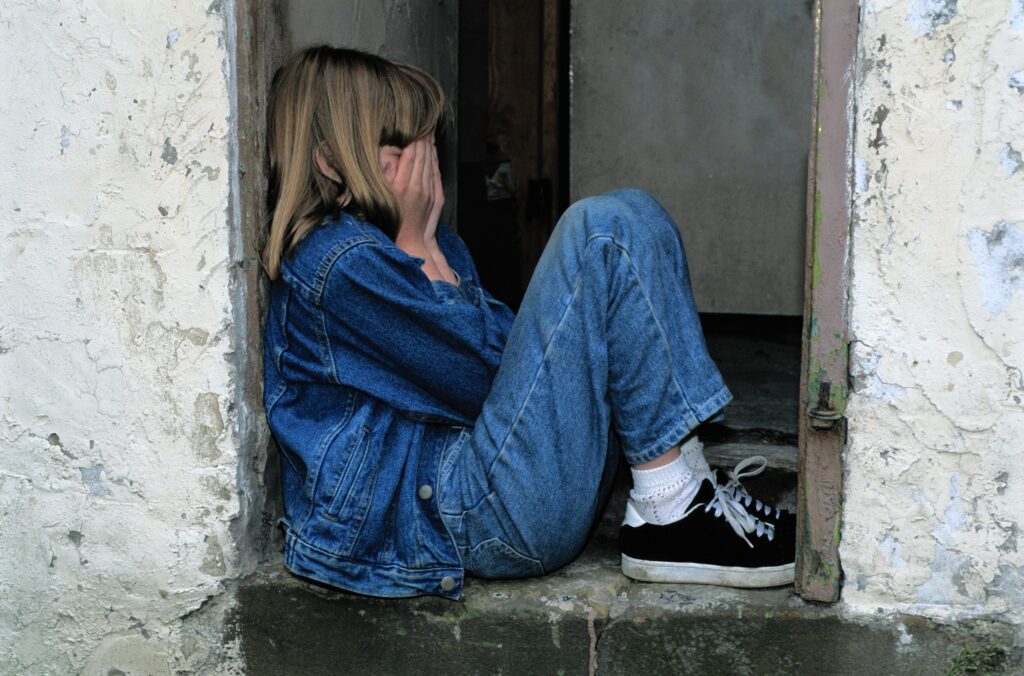
Family Law Solicitor, Dee Khunkhuna discusses some of the key points:
• Of the most importance is that children who live in a home where domestic abuse takes place, see, hear or experience the effects of domestic abuse and who are related to the person being abused or the perpetrator will be recognised as being a victim.
• If you are a survivor or victim of domestic abuse then a Local Authority is under a duty to provide support to you in ‘accommodation based’ services or safe accommodation.
• There are also increased protections available, for example a Domestic Abuse Protection Order (DAPN) and there is also the Domestic Violence Disclosure Scheme.
• It now includes young persons aged 16 and over and if you are a homeless victim of domestic abuse you will be given priority need for homelessness assistance.
• For the first time ever coercive and controlling behaviour can non include revenge porn which is more and more prominent nowadays.
• New protections in the family and civil courts for survivors – including a ban on abusers from cross-examining their victims, and a guarantee that survivors can access special measures (including separate waiting rooms, entrances and exits and screens).
• New criminal offences – including post-separation coercive control, non-fatal strangulation, threats to disclose private sexual images.
• A ban on abusers using a defence of ‘rough sex’.
The Domestic Abuse Act 2021 is still far from being perfect. Not all women will be protected by the new law. Despite the tireless campaigning of various agencies, the government failed to deliver equal protection and support for migrant women through the new law.
There are further changes needed but it is a start. All survivors must have the right to seek support and safety, and live a life free from abuse.




